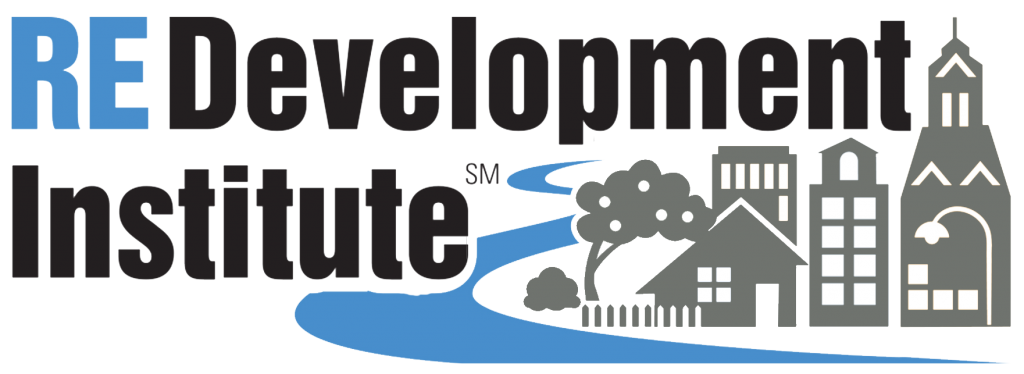As detailed in a prior post, Economic Gardening® is a strategy that identifies innovative local companies that—with some guidance—have substantial potential. Companies that successfully complete the program can benefit from tools and insights to strategically grow their business on a regional, national, or global scale. This approach to economic development was created by the National Center for Economic Gardening.
Over the last several decades, Economic Gardening has been applied at the local, regional, and state levels to benefit companies across the U.S. and beyond. This article describes two programs: a statewide initiative in Virginia and an initiative in the Greater Rochester area of New York. In these and other geographies, economic development authorities market the program and vet companies for participation, while the National Center for Economic Gardening provides expertise through engagements with these companies to identify new markets, execute on marketing plans, and refine growth strategies.
Greater Rochester, NY region
Greater Rochester Enterprise (GRE), a regional economic development organization, has offered an Economic Gardening program since 2012 to area privately-held businesses that have 10 to 99 employees and $1 million to $50 million in annual revenue that can benefit from this approach. As major incumbent employers in the Rochester area, such as Kodak and Xerox, retooled to develop new technology and product offerings, GRE sought ways to assist other fast-growing businesses as well. Economic Gardening is one of the primary ways to focus on these Stage 2 companies.
Since its inception, Economic Gardening has provided guidance to more than 210 Rochester-area companies that market their products and services nationally or even globally, some of which have taken part in the program more than once. Participating companies have created more than 1,700 new jobs and increased their collective revenue by $355 million. GRE reports that 90% of company leaders who participate in the Economic Gardening program would recommend it to CEOs of other companies.
Figure: Greater Rochester Enterprise’s Economic Gardening Program

In 2020, 13 of the companies that went through GRE’s Economic Gardening program were part of Rochester’s Top 100 privately-held companies, including BioWorks, which provides products and services for the horticultural and specialty agricultural markets and ComTec Solutions, an enterprise resource planning software and system design company.
As the Director of Innovation for BioWorks states:
“What an opportunity to leverage some really talented people who have expertise that we don’t. They went out and were able in a short time to get really good data in a timely fashion…[that will enable us to] make some decisions to drive strategy.”
Similarly, the CEO of ComTec, notes:
“The data that was provided allowed us to make smart market-driven decisions to take [us] to the next level. I would strongly recommend this program to companies that are looking to continue their growth.”
Virginia
The Virginia Economic Development Partnership (VEDP) has offered an Economic Gardening program to companies across the state since 2018. Similar to other Economic Gardening programs, participating companies must generally meet revenue and employee thresholds, and provide their products or services to markets outside of their immediate area. Economic Gardening was brought to Virginia after a leader at VEDP experienced the program at a previous position in Louisiana. The approach resonated since there is generally otherwise a lack of programs for Stage 2 companies. The ability to draw on expertise in a focused and time-sensitive way is a good fit for the leadership of these companies, who are often operating with limited bandwidth.
The state partners closely with local economic development agencies and other partners to identify companies that would be a good fit for the program. VEDP officials note the critical role these local partners play since they bring considerable knowledge of the companies operating in their areas. These local organizations have witnessed previous successful Economic Gardening engagements and can provide first-hand accounts of their benefits and the process involved.
Figure: Virginia’s State-Level Economic Gardening Initiative
VEDP aims to have 20 companies participate in the program annually. To increase the chances of successful engagements, VEDP and its local partners invest time to carefully vet companies and ensure they are prepared for the eight-week engagement from the outset. While the engagement is taking place, Virginia officials remain in close contact with a company’s leadership.
One recent success story from Virginia is Micro Harmonics, a company that develops millimeter wave components and related products for organizations such as NASA. Their leadership had the following to say about their improved marketing and communication approaches after implementing the Economic Gardening recommendations:
“We have seen significant increase in our following on social media and website traffic in the past six months. I cannot overstate how important this program has been for us. We continue to implement the training we received.”

